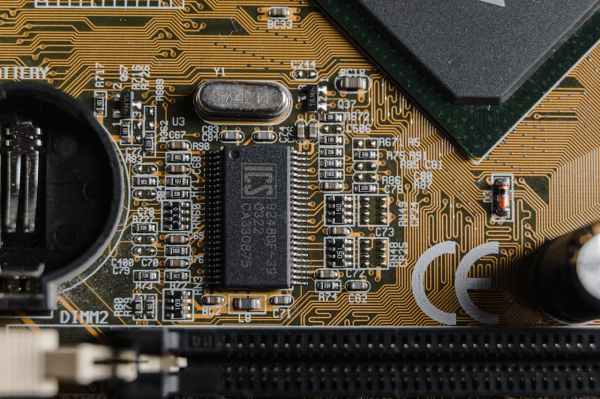 Eduardo Salido,
Eduardo Salido,

Europe is at crossroads. Or as President Juncker reflected in his annual speech on the State of the European Union: “Europe is in an existential crisis”. Social inequalities, economic woes and lack of social cohesion were just some of the buzzwords President Juncker used to refer to the current state of the EU in Strasbourg.
In March 2017 the EU will celebrate the creation of the “common market” signed in Rome 60 years ago. The anniversary will take place at a time of doubts about the future of the European project. Increasing nationalism among EU members, Brexit and feeble economic growth are some of the key issues Juncker Commission will need to address in the coming months. It seems that Europe cannot face its own issues and cannot give an answer about its own future to the rest of the world.
Therefore, Europe needs to establish a clear vision that must be efficiently implemented. This is the vision Juncker wants for Europe: preserving the European way of life, empowering Europe, protecting Europe and taking responsibility.
Preserving the European way of life
Juncker’s guidelines for this purpose are ambitious: the unification of Cyprus; continuing with the long-lasting peace in the region; defence of the European values; trade with European neighbours – with especial emphasis to the ratification of the trade agreement between the European Union and Canada; a level playing field for business and citizens, meaning workers receiving the same pay no matter their nationality, but every company paying its taxes as well, with no especial treatments – drawing attention to the Apple case in Ireland; protecting European workers and industries – especially the steel industry and the agricultural sector –, and preserving the Euro, as a mean for economic growth and employment in EU economies.
Empowering Europe
In this regard, the Commission’s key driver is clear: investment. Juncker announced investment in the Digital Single Market, with ambitious milestones, such as 5G by 2025, free wireless Internet access in every European village and city by 2020 and copyright laws that protect online artists as well.
Juncker wants to double its funds for the Investment Plan of Europe “Juncker’s Plan”, launched last year and apparently brilliantly successful, in extend its duration. Being even more generous, the European Commission will enlarge the reach of the Investment plan to Africa and other Neighbouring countries.
Finally, the Commission will continue investing in young people, through the EU Youth Guarantee, launched three years ago. In addition, it is planning to set up a European Solidarity Corps, constituted by young volunteers that wish to help in crisis situations.
Protecting Europe
Recent terror attacks in different European cities have put defense and security at the core of the EU strategy. For this purpose, the EC is willing to create a new European Border and Coast Guard and a European Travel Information System, reinforce Europol and create a European Strategy to help solving the Syrian conflict.
Taking responsibility
Juncker wants to correct “technocratic mistakes”, and so it communicates the abolishment of mobile roaming charges, as a way of pleasing business travelers and holidaymakers, but especially cross-border workers and Erasmus students. Moreover, the Commission suggests implementing the Stability and Growth Pact with common sense, trying to understand the reasons that take countries to surpass debt and deficit limits.
Juncker’s proposals are challenging but committed to the European construction. It is worth mentioning the economic policy changes that will follow in the coming months. It is hoping to see the bet on EU investment, by doubling the existing commitment and extending the plan to Africa. Also, a more flexible Stability Pact is welcome among most of the EU economies.
There are other controversial policy proposals. Roam-Like-at-Home without a fair use policy in terms of time or volume would potentially distort national markets. Unlimited Roam-Like-At-Home roaming would be analogous to allowing all European metro tickets to be used on all European metros. Whilst this sounds attractive, it would not be sustainable given the difference in the respective ticket prices for each country.
Digital technologies are at the kernel of Juncker’s speech, as he stated, “digital technologies and digital communications are permeating every aspect of life”. In short, life is digital. Digitalization has the power to affect everything we do. It changes the way individuals and organizations interact, communicate, and learn; how they work and conduct business; how they spend their leisure time. But in order to win the hearts and minds of European citizens we need more.
“Empowering the [European] economy means investing not just in connectivity, but in job creation.” So to this end Europe must invest in its youth, encourage long-term investments in digital technologies, which mean increasing the level of investment in startups, scaleups and new technologies.
This post was written in collaboration with Irene Redondo.








